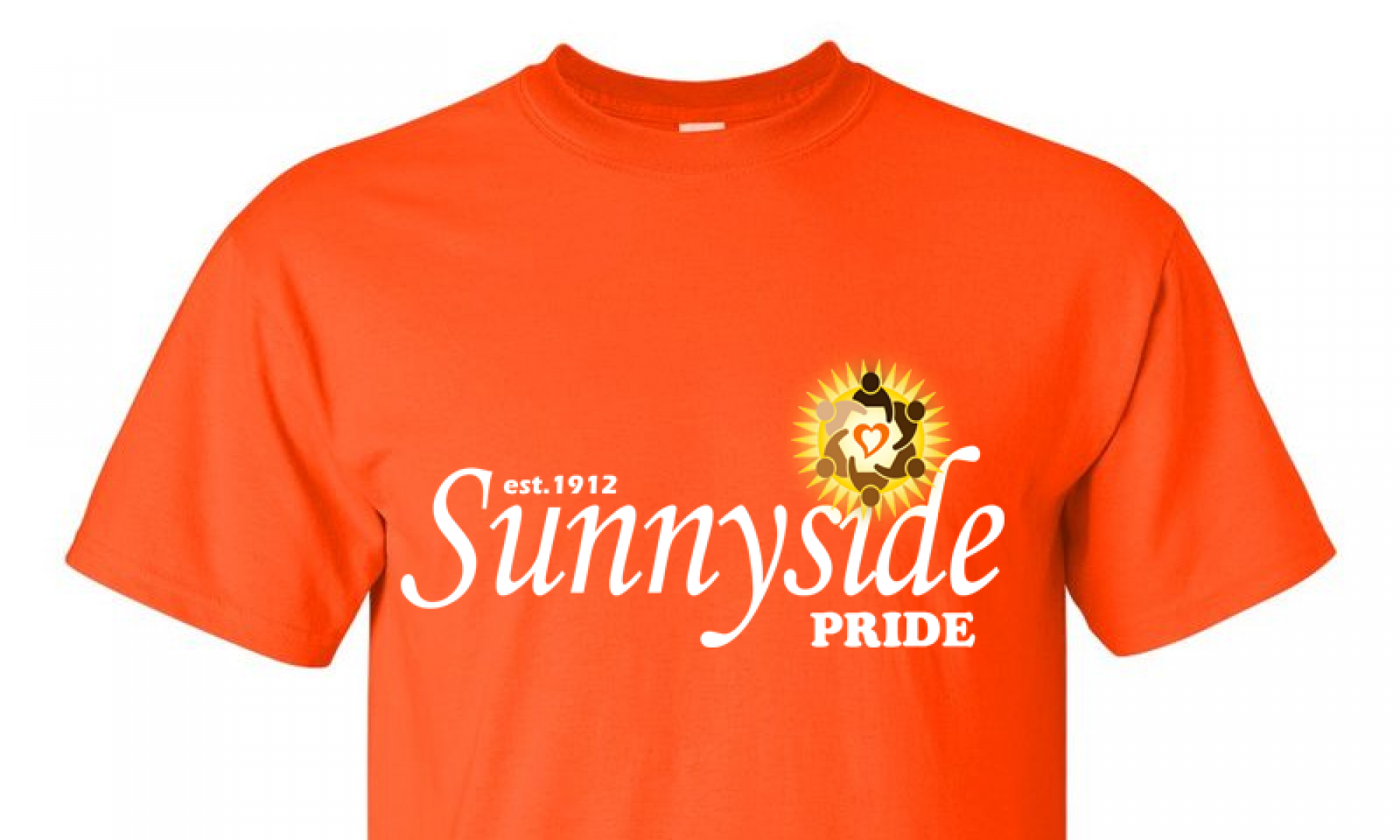In less than a week, at least two men in America have allegedly threatened to shoot Muslim women who were in public with their children.
San Francisco police announced Thursday that they had arrested Joshua Ruano, 27, for allegedly threatening to shoot a woman wearing a hijab on March 17. Ruano allegedly approached the woman, who was playing with her child in a park, and made anti-Muslim remarks. (A police spokeswoman wouldn’t elaborate on those remarks.) He then threatened to shoot her, according to police.
The woman and her child fled the park and contacted police. Ruano was arrested a short time later.
A spokesman for the San Francisco district attorney’s office confirmed that Ruano was arraigned this week on charges of making criminal threats with a hate crime enhancement, and other unrelated crimes.
On March 21 in Charlotte, North Carolina, a Muslim woman wearing a hijab and an abaya says she was breastfeeding her 1-month-old baby in a parking lot when a man in a pickup truck pulled up next to her car, according to The Charlotte Observer.
The woman says the man stared at her for several minutes before taking out a long rifle and pointing the barrel directly at her.
“‘I’m not going to sit here and let him shoot me,’” the woman recalled thinking. She clutched her baby and ran inside a store. The man ― white and balding, in his 40s or 50s, she said ― sped away.
“We ask law enforcement authorities to use all resources available to apprehend the alleged perpetrator and to bring all appropriate charges, including that of ethnic intimidation,” Ibrahim Hooper, spokesman for the Council on American-Islamic Relations, said in a statement this week.
The Charlotte-Mecklenburg Police Department didn’t immediately respond to a request for comment Friday.
The two sets of horrifying allegations come amid an apparent surge in such hate crimes across the country.
In recent months, America has seen the fatal stabbing of a black man in New York City by a white supremacist; the shooting of two Indian men in Kansas, one of whom died; the shooting of a Sikh man in Washington; the burning of at least four mosques; the vandalism of gravestones in Jewish cemeteries; and the destruction of Qurans in an Arizona mosque and a New Mexico library. There have also been more than 100 bomb threats against Jewish community centers, synagogues and Anti-Defamation League offices across the country; instances of racist graffiti in Connecticut and Oregon; assaults of Latinos in California and New York; and the killings of at least seven transgender women of color.
The list goes on.
The Southern Poverty Law Center tracked more than 1,000 bias-related incidents in the month after the Nov. 8 election, a surge they attributed to the hateful speech of President Donald Trump. The SPLC stated that in some 37 percent of those incidents, the perpetrators directly referenced the president, his campaign slogans or his comments about sexual assault.
Earlier this month, more than 150 civil rights groups ― including the SPLC, Amnesty International, the Anti-Defamation League, the NAACP, Muslim Advocates and the National Bar Association ― signed an open letter accusing the president of fostering an atmosphere of hate and being to slow to condemn hate crimes when they happen.
Hate crime data in the U.S. is woefully inadequate. The FBI counted 5,479 hate crimes in 2015 ― a 7 percent increase from the year before, driven largely by a 67 percent increase in anti-Muslim hate crimes ― but another government report estimates that number to be much higher. A survey by the U.S. Bureau of Justice Statistics found that the number of hate crimes in America each year probably approaches a staggering 260,000 ― or about one every two minutes.
The disparity between the FBI’s figures and the BJS’ estimation exists largely because police departments in the U.S. aren’t required to report hate crimes to the FBI, and many hate crimes go unreported to police in the first place.
That’s why The Huffington Post has partnered with ProPublica, a nonprofit news organization dedicated to investigative journalism, and with other news outlets to help make a national database of reported acts of hate and bias.
CORRECTION: An earlier version of this story mistakenly described the fatal stabbing of a black man in New York City as a fatal shooting.
America does not do a good job of tracking incidents of hate and bias. We need your help to create a database of such incidents across the country, so we all know what’s going on. Tell us your story.
— This feed and its contents are the property of The Huffington Post, and use is subject to our terms. It may be used for personal consumption, but may not be distributed on a website.
Source: HuffPost Black Voices
